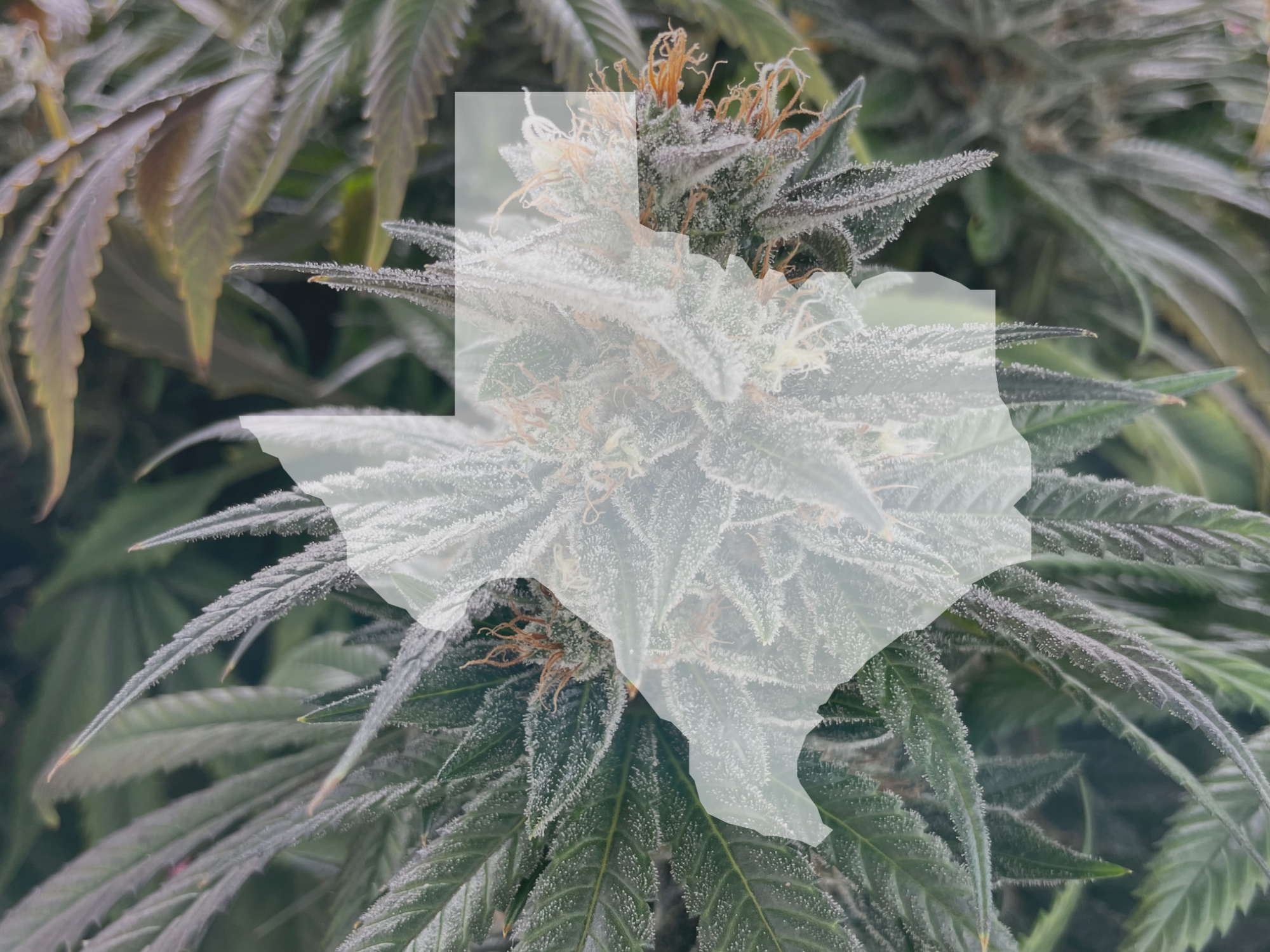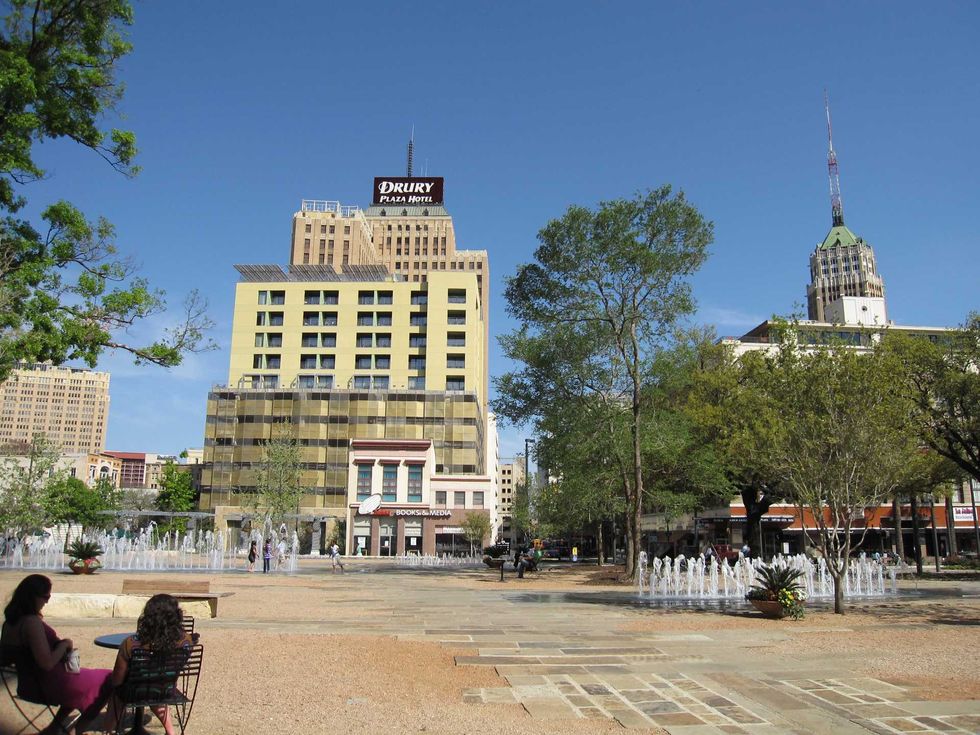Genie Is Out of The Bottle
Cannabis advocates respond to Texas Lt. Gov. Dan Patrick's quest to ban THC

A ban on THC would not be popular.
Texas Lt. Gov. Dan Patrick is launching a quixotic quest to ban legal THC: According to a release, Patrick is pushing legislation that would ban all forms of consumable Tetrahydrocannabinol (THC) from being sold in Texas.
He's promoting Senate Bill 3, which would be carried by Sen. Charles Perry, R-Lubbock, and would ban all forms of THC.
Patrick is unhappy with House Bill 1325, introduced by Rep. Tracy King, D-Uvalde, to bolster agriculture in Texas. It was passed by the Texas Legislature in 2019.
Part of that bill allowed for the commercialization of hemp, which included un-removable non-intoxicating trace amounts of Delta 9 THC.
“Dangerously, retailers exploited the agriculture law to sell life-threatening, unregulated forms of THC to the public and made them easily accessible," Patrick says in his release. "These stores not only sold to adults, but they targeted Texas children and exposed them to dangerous levels of THC."
"Since 2023, thousands of stores selling hazardous THC products have popped up in communities across the state, and many sell products, including beverages, that have three to four times the THC content which might be found in marijuana purchased from a drug dealer," he says.
It seems like the genie is out of the bottle: According to the Baker Institute, hemp in Texas is booming: From 2020 to 2023, sales of hemp-derived cannabinoids increased by 1283 percent, reaching a value of $2.78 billion last year.
And efforts to reel it back in are basically doomed, they say.
"While prohibition may seem like the simplest response, it is almost certain to fail — both in eliminating widespread access to hemp-derived cannabinoids and in protecting the public," they say.
"As of April 2024, Texas had over 7,000 registered hemp dispensaries," they note. "More than 50,000 Texans are estimated to be employed through the hemp sector. A state ban would ruin this industry, but it would not reduce consumer demand for hemp-derived cannabinoids. Instead, consumers would turn to the illicit hemp market that would inevitably form in the wake of state prohibition. Products sold today in state-registered shops would still be available through underground supply networks that would reap billions in tax-free profits."
They say that "a broad ban, even a poorly enforced one, would harm consumers more than the state’s current system."
Meanwhile voters are supporting marijuana decriminalization efforts such as the one recently approved by the city of Dallas, as well as Austin, Denton, Elgin, Killeen, and San Marcos.
Catina Voellinger, Executive Director of Ground Game Texas, a Texas group that has been advocating for decriminalization of marijuana, says in a statement that the legislation would turn back the clock to a more repressive time.
“Instead of banning THC, lawmakers should focus on legalizing marijuana statewide, which would allow for cannabis to be safely regulated, and would prevent countless residents from being harmed by unnecessary arrests and prosecutions for possessing something that is already legal in 24 states," Voellinger says. "We’ve seen repeatedly that this is what Texans want – our marijuana decriminalization ballot initiatives in Dallas, Lockhart, and Bastrop won overwhelmingly this November.”
Daryoush Austin Zamhariri, Executive Director of Texas Cannabis Collective, a group working to change cannabis laws, calls Patrick's endorsement of legislation that would ban all consumable THC products in Texas "tremendously out of step with the overwhelming majority of Texans."
"Poll after poll has shown the citizens of Texas support legalizing cannabis and ending the failed policy of cannabis prohibition," Zamhariri says. "These attitudes have manifested in several campaigns to progressively decriminalize marijuana possession in cities across the state with bipartisan super majority votes through local ballot initiatives. We oppose SB 3 and look forward to working with our coalition partners at the 89th Legislature to bring common sense cannabis reform to the entirety of Texas.”

 The rough terrain of Main Plaza in 2009, before the fountains were removed in 2023.Photo by Grant Laird Jr./ CC BY 2.0
The rough terrain of Main Plaza in 2009, before the fountains were removed in 2023.Photo by Grant Laird Jr./ CC BY 2.0